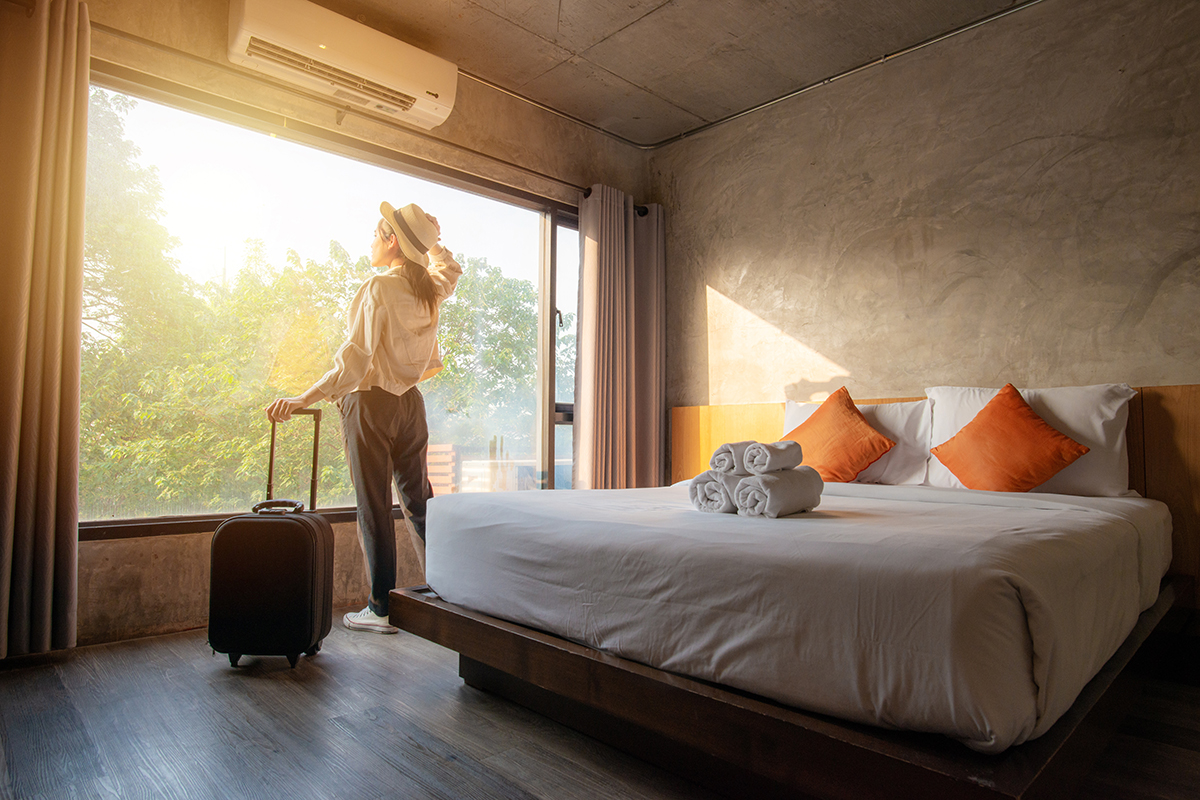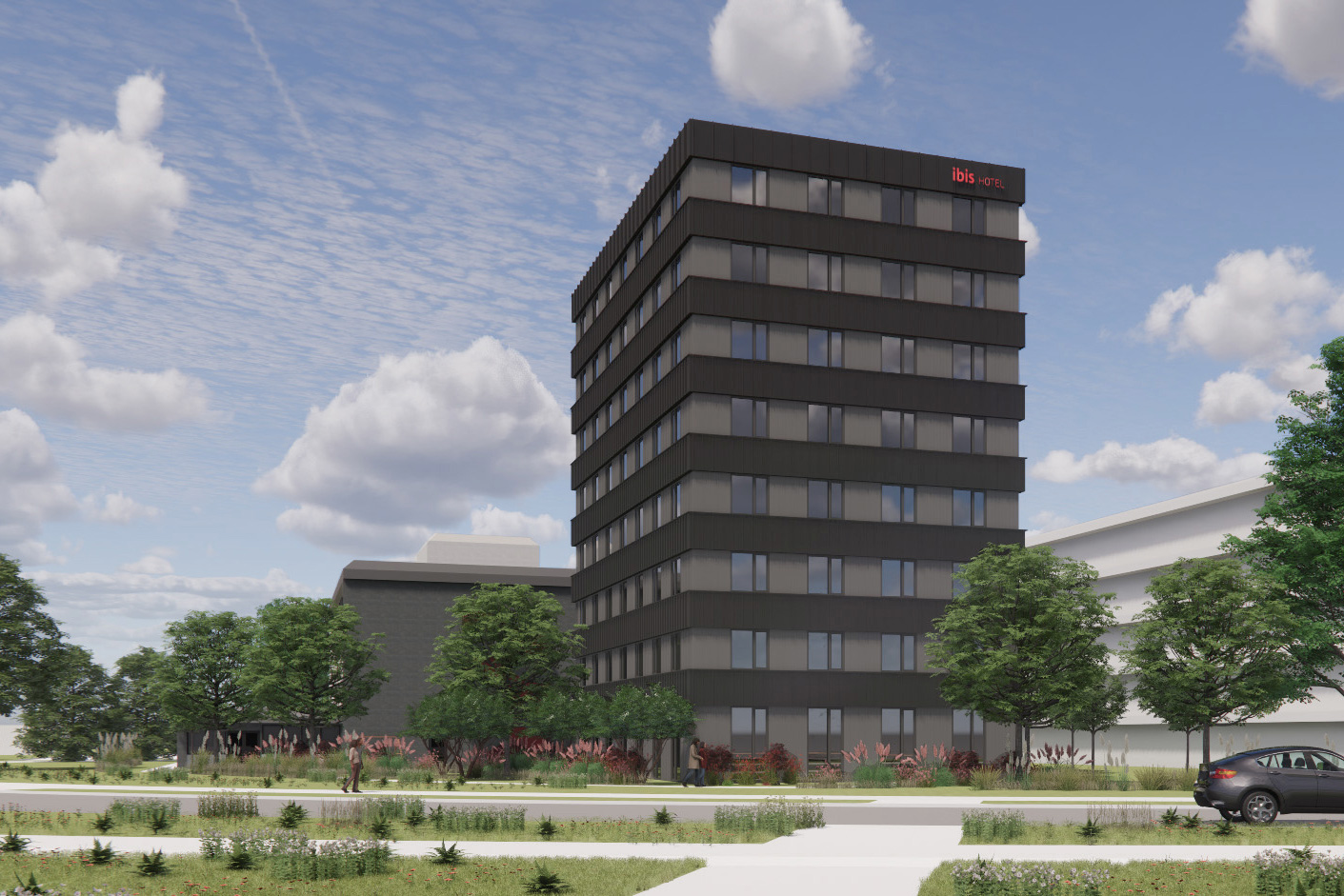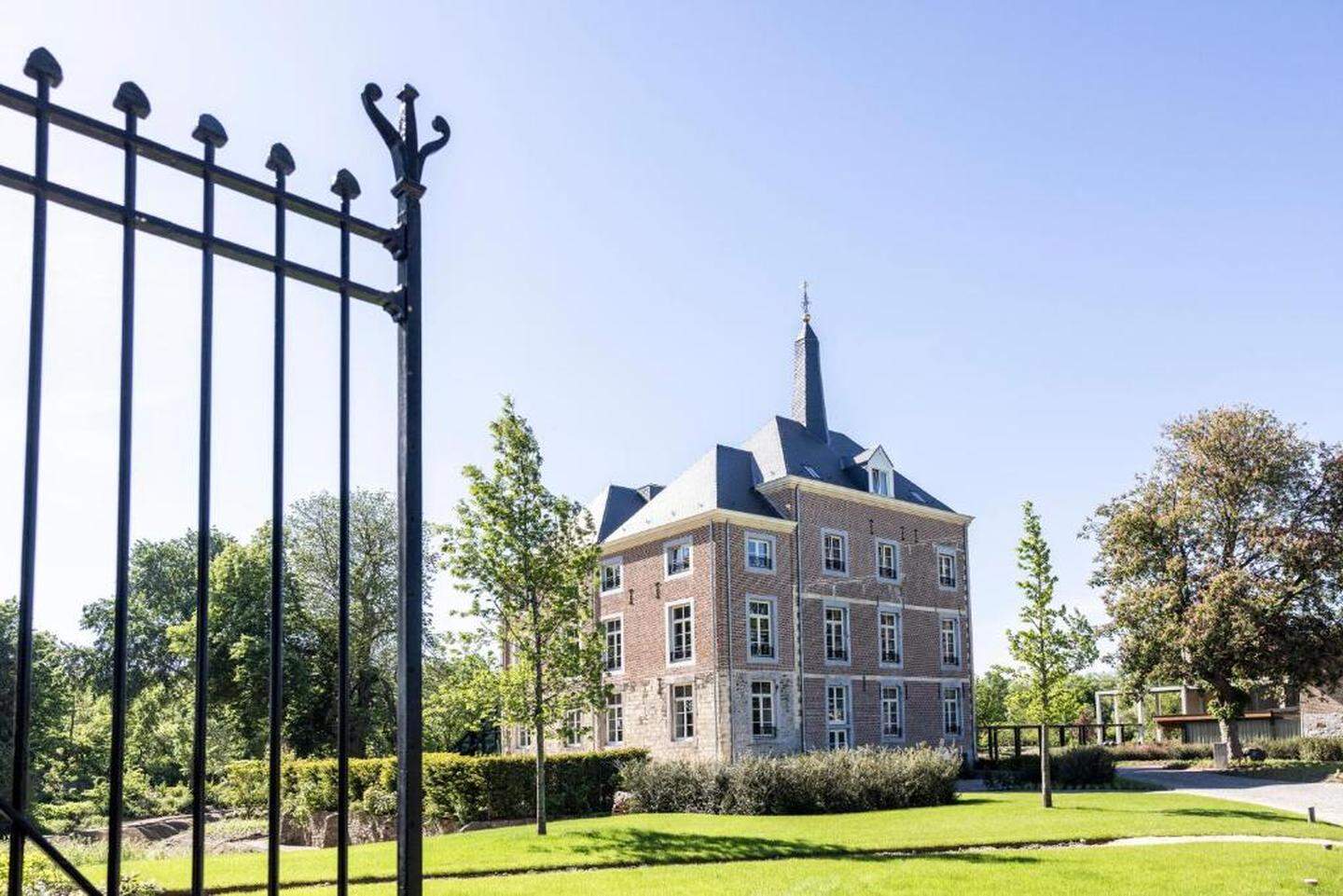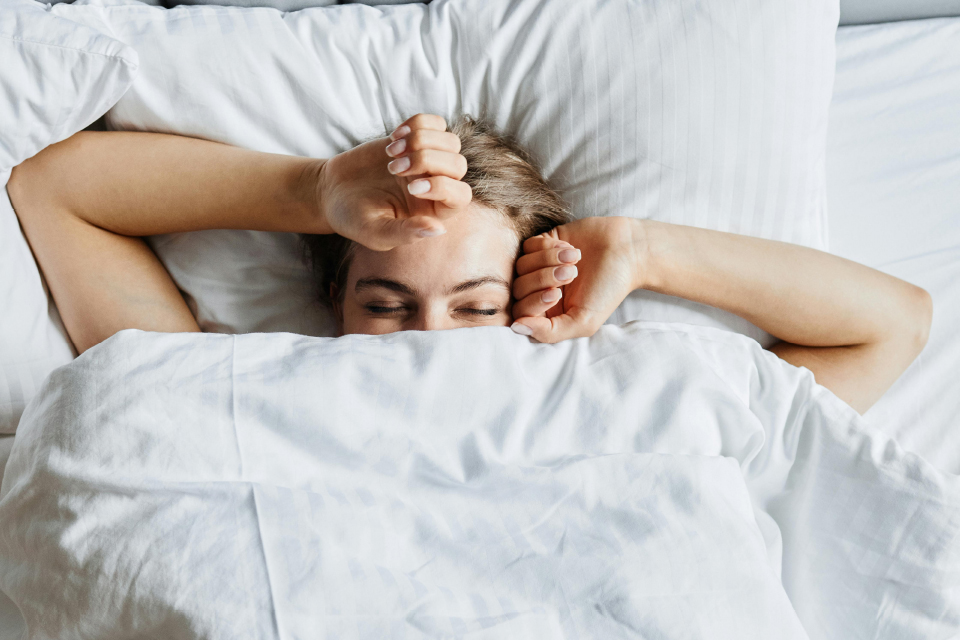
The power of sleep in hospitality: more than a good bed
A good night is indispensable for a satisfied guest. Yet the influence of sleep experience within hotels is still regularly underestimated. While that is precisely what determines how someone feels during and after their stay, and whether they enjoy coming back. As a sleep coach and co-owner of a bedding specialist, I work daily with people who struggle with sleep problems, fatigue or a disturbed rhythm.
Column: Sigrid Ruigrok is a sleep coach and sleep specialist at Slaapinzicht and works in a bed specialist shop. She advises people, companies, hotels, institutions and schools on better sleep and optimal sleep.

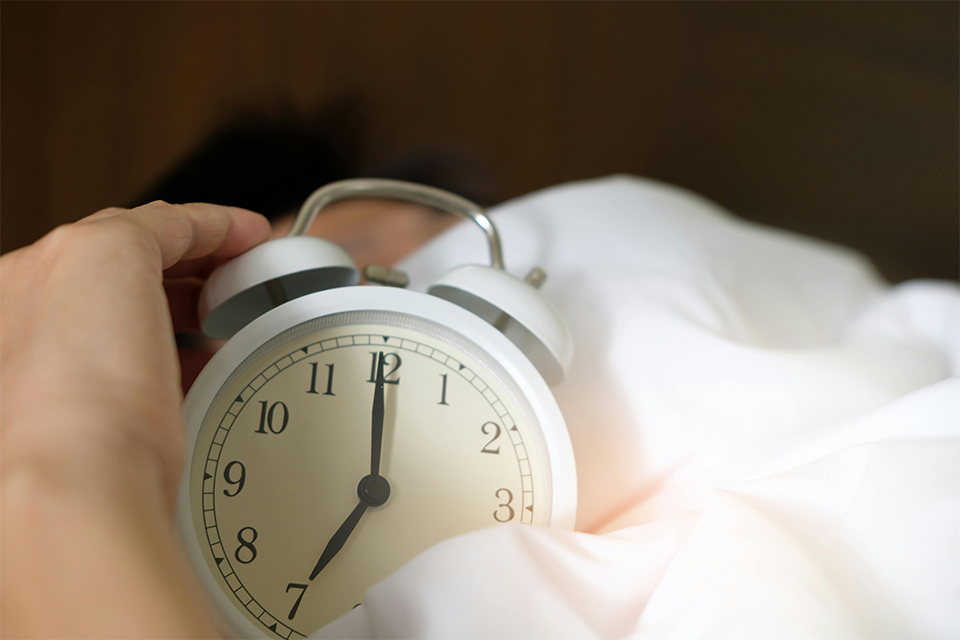
What started 22 years ago with advising people on the right bed, a suitable mattress, a pillow and fine bed textiles, grew into a fascination with how sleep works. I wanted to know why some people feel energetic every morning, while others still drag themselves out of bed tired and lifeless after eight hours of sleep. Why some seem to be able to cope with everything, while others become unbalanced at the slightest. That quest led me to the science behind sleep and its impact on our daily lives.
As a sleep coach, I help people with a variety of sleep problems and work with companies, institutions and schools to put the importance of good sleep higher on the agenda. I also advise companies and hospitality venues on how to optimise their sleep conditions. From that experience, I know how big an impact a sleep-friendly environment has - and how much profit can still be made here in the hotel industry.
The hotel room: often a missed opportunity
The hospitality industry is all about experience. But that experience does not stop at the bedroom door. There, in the hotel room, the foundations are laid for how someone feels the next day. A great service, delicious dinner and good glass of wine do not outweigh a mediocre night's sleep. Yet too often, the design of hotel rooms is still mainly determined by aesthetics and budget, while comfort and sleep quality should play the main role.
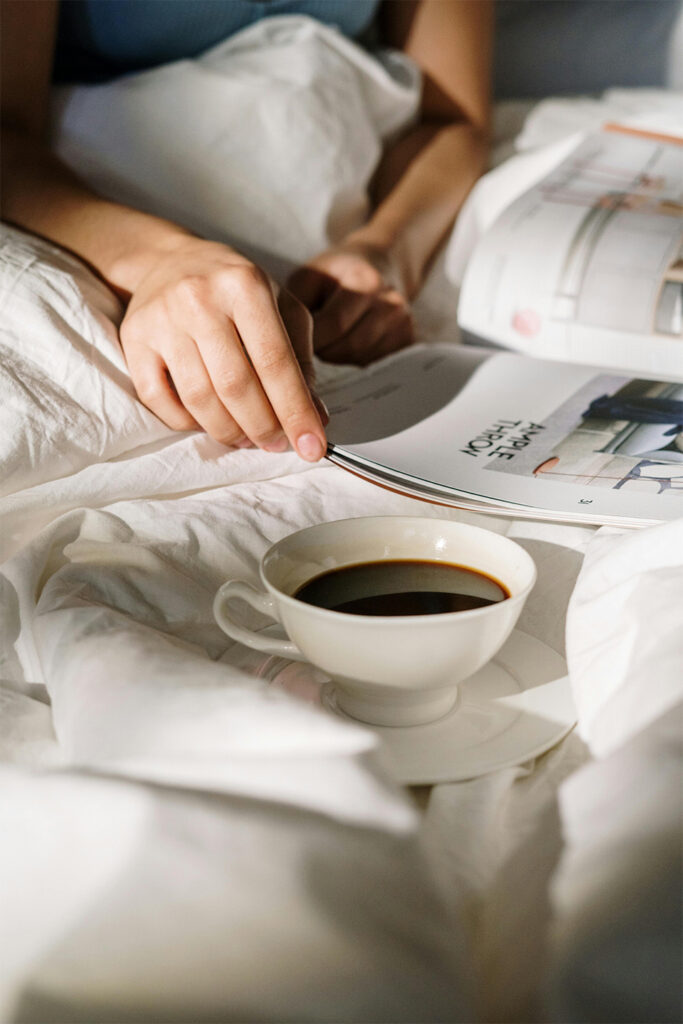
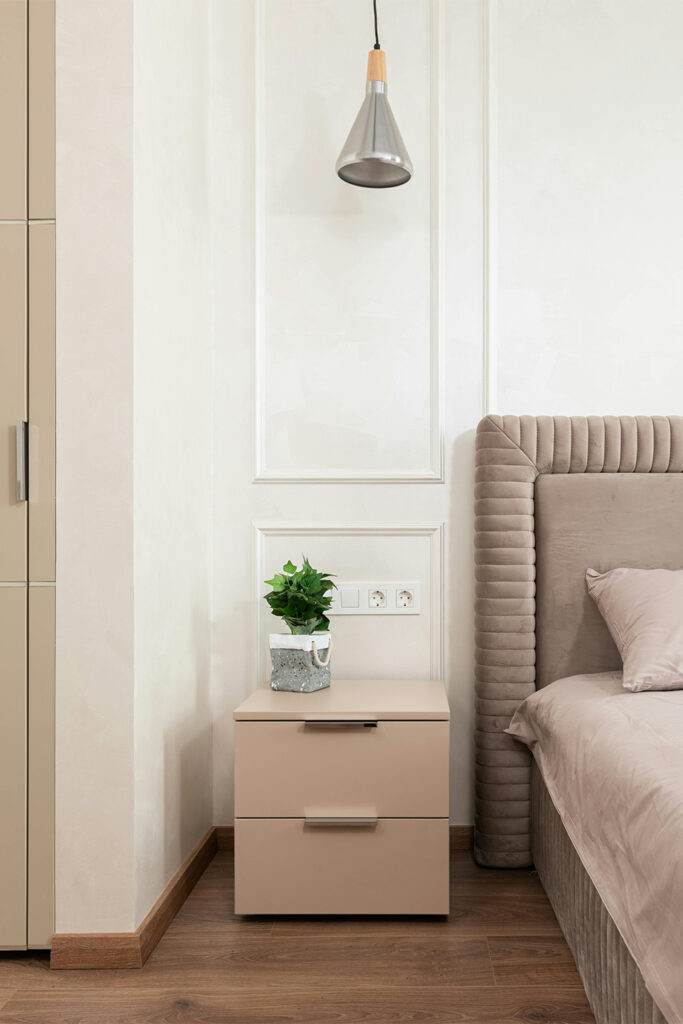
What really makes the difference?
Of course, a good quality bed is essential, but there is more to it. Things that are still insufficiently considered in many hotel rooms:
- Blackout: Often, curtains just don't close properly or let light chinks through. While darkness is an important prerequisite for deep, restorative sleep. Light will ensure that our brain cannot completely unwind but still remains slightly awake.
- Sound: From noisy ventilation systems to noisy corridors - noise is a major disruptor of sleep. Good sound insulation and attention to room acoustics is essential.
- Temperature: The ideal bedroom temperature is between 16 and 18 degrees. Many hotel rooms are difficult to cool or, on the contrary, too warm due to poorly adjusted air conditioners. If the temperature is too high or too low in the room, it is a wake-up call. It makes our body work harder to cool down or warm up.
- Lighting plan: Bright ceiling light or unsociable fluorescent lighting is counterproductive in a room where guests need to unwind. Consider dimmable, warm lighting by the bed and in the bathroom. Dimmed light, darkness, will cause our bodies to get the signal earlier that it is time to go to sleep.
- Bed textiles: Nothing as personal as bedding. Invest in breathable, soft textiles of high quality. That will instantly increase the sleeping experience as well as guests' appreciation.
- Pillow choice: One standard pillow rarely suffices. Offer guests options in firmness and material - that will prevent neck pain and sleep deprivation.
Why bet on this?
A hotel room that sleeps well results in more satisfied guests, higher review rates and repeat bookings. From
several studies show that guests' sleep is crucial in how they rate their stay. If you invest in your guest's sleep, you invest directly in your reputation and sales.
What can you expect in the coming editions?
In the next editions of Hotelvak, I dive deeper into this topic. From the ideal hotel room layout to the effect of colours and materials on sleep. I will also discuss how you can give extra support to guests with jetlags or your employees with irregular working hours, and how a good sleep concept can improve your positioning as a
hotel can strengthen.
Just one quick tip:
Walk into your hotel rooms today and look at them not as a hotelier, but as a tired guest longing for peace and comfort. Who knows what you might suddenly notice.

